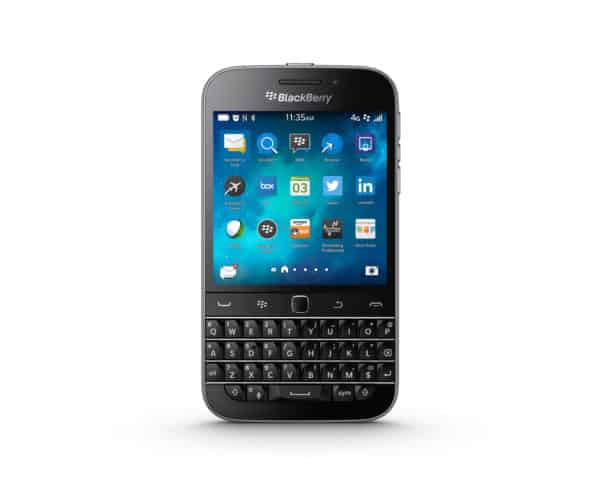

A new report on mobile usage finds that Canadian cellphone companies are charging customers among the highest rates from a list of 32 industrialized countries.
Conducted by Swedish telecommunication research group, tefficient, the report finds that in terms of revenue per gigabyte of data, Canadian cellphone companies are taking more cash out of their customers’ wallets than almost any other country.
The report also found that data usage by mobile customers worldwide is tied to revenue per gigabyte, in that countries whose providers offer the most bang for your buck – often through unlimited data plans – see the most data usage per customer. This “unlimited mobile data volume trend” is a constant across most countries, says tefficient. “The effective revenue per [gigabyte] matters most: In Finland, average usage was 13 times that of the Netherlands, where operators effectively charged 14 times more for a gigabyte than in Finland,” say the report’s authors. “Other expensive mobile data countries are Canada, Belgium, Germany and Czech Republic.”
The results echo those from a report earlier this year which showed Canadians paying more for mobile service than any other G7 country as well as Australia. Commissioned by the Canadian Radio-television and Telecommunications Commission (CRTC), the report found that an entry-level wireless package costs on average $41.08 per month in Canada, highest among countries polled, whereas in Germany, the same level of service costs only $17.15, less than half as much.
The disparity leaves many Canadians at a loss as market forces seem to be working against the levelling out of mobile costs, something that should be taking place, according to tefficient’s analysts, who say that companies trying to charge exorbitant amounts for cellphone and data usage often see customers switching providers. “It is tempting for operators to make sure that every [gigabyte] costs and brings in good margin by keeping bucket sizes down and prices up,” say the report’s authors. “This leads to a downwards spiral where operators alienate customers, though.”
Not so in Canada, apparently, where 89 per cent of Canada’s wireless telecom market is controlled by the big three companies, Rogers, Telus and Bell Canada, with little evidence over recent years that smaller companies offering price cuts have been able to penetrate the market, leaving the three major players free to charge higher prices knowing that their customers will still be around.
“These guys basically have a licence for price gouging at this point,” Open Media telecom critic Josh Tabish told the CBC. “The lesson we’ve learned from the wireless markets is that if you force competitors to come in and build their own networks, like Public Mobile, Mobilicity, like Wind, they fail.”
The new study also provides a ranking of the world’s largest mobile data carriers between the period of January to September, 2016. With 840 million subscribers, China Mobile came in first, carrying about 3,500 petabytes of traffic (one petabyte is equal to one million gigabytes), while Verizon in the United States came in second with about 2,260 Pbytes of service and South Korea’s SK Telecom in at third with 1,200 Pbytes.
Leave a Reply
You must be logged in to post a comment.




 Share
Share Tweet
Tweet Share
Share




Comment